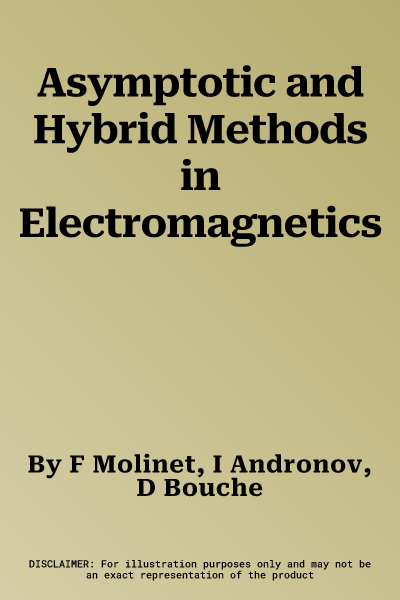F Molinet
(Author)Asymptotic and Hybrid Methods in ElectromagneticsHardcover, 18 July 2005

Qty
1
Turbo
Ships in 2 - 3 days
In Stock
Free Delivery
Cash on Delivery
15 Days
Free Returns
Secure Checkout

Part of Series
Electromagnetic Waves
Part of Series
Iee Electromagnetic Waves
Part of Series
Electromagnetics and Radar
Print Length
262 pages
Language
English
Publisher
Institution of Engineering & Technology
Date Published
18 Jul 2005
ISBN-10
0863414478
ISBN-13
9780863414473
Description
Product Details
Authors:
Book Format:
Hardcover
Country of Origin:
GB
Date Published:
18 July 2005
Dimensions:
23.37 x
16 x
1.78 cm
ISBN-10:
0863414478
ISBN-13:
9780863414473
Language:
English
Location:
Stevenage
Pages:
262
Publisher:
Weight:
498.95 gm